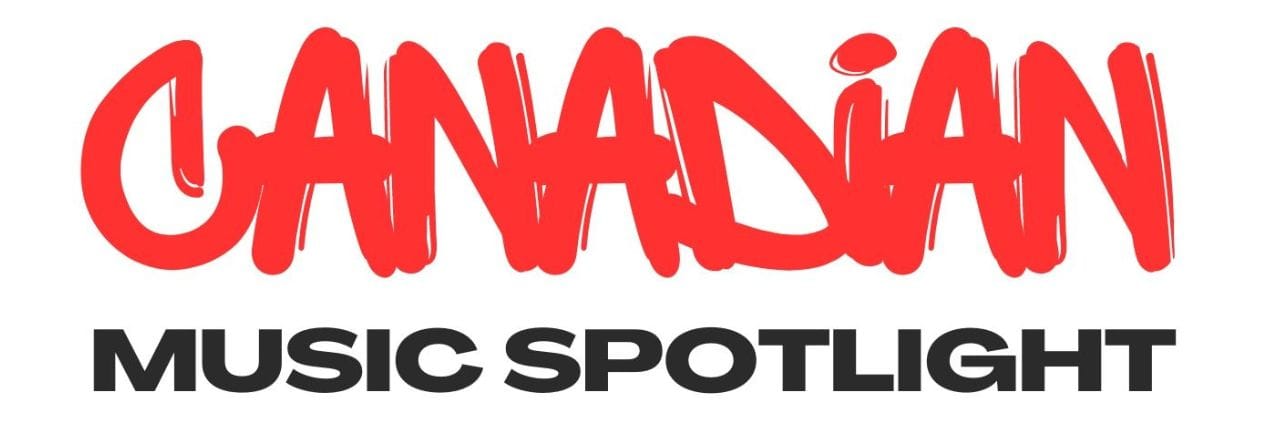How to Get Your Song on the Radio

By Alan Cross
Serious musicians know that despite rumours of its death, old-fashioned terrestrial radio is still the most efficient way to put your music in front of strangers. Yes, streaming and social media (especially TikTok) are important, but you cannot overlook the power of music radio, a platform used by over 80 percent of Canadians weekly.
Competition for space on a station’s playlist is fierce. Not only are you up against artists just like yourself but the biggest performers in the world. So, how can you get an edge? Let’s begin by understanding the mission.
First, everyone is making music. According to the latest figures, about 110,000 new songs are uploaded to streaming music platforms every day. Meanwhile, anyone with internet access can instantly stream 100 million songs. Compare that to an old-school record store which, at most, could stock 100,000 titles. Songs that are good won’t cut it. Your song must be genuinely great if it has a hope of rising above all the noise.
Radio stations are also inundated with new releases 24/7. Pitches come from major labels, indies, publicists, managers, the artists themselves, and well-meaning fans. Music directors are the main target, although program directors and announcers get hit up all the time, too. Any given week will see upwards of 600 pitch emails come through my inbox, each involving an artist looking for airplay, a review, a blog post, a playlist inclusion, an interview—any kind of attention.
Seems hopeless, right? Not necessarily.
With a lot of luck involved—your song needs to find the right person at exactly the right time—there are things you can do to improve your chances of getting it on the radio:
Carefully Target Specific Radio Stations
There’s no point in sending a new song to a classic rock/classic hits station because they don’t play new music. You may be proud of your post-rock math-jazz instrumental, but that’s not exactly a mainstream radio-friendly genre. It may, however, work on an open-minded jazz station or campus/community radio.
Get Personal
Who’s the program director and music director at the station from which you covet attention? What announcers have a reputation for championing new music? Maybe it’s time to strike up a relationship with them? And whatever you do, spell their name correctly in all correspondence.
Learn About How Radio Works
For example, understand the construction radio playlists and terms like “rotations,” “power,” “medium,” and “feature,” that relate to how often songs get played and the kind of exposure individual songs receive. When does the station hold their music meetings? Who is in those meetings? Do they have a new music show devoted to new releases? Do they run anything (on-air or online) that highlights up-and-coming indie artists?
Get Creative
In addition to an email package, an attention-getting physical package send through snail mail might get some attention. Just don’t waste a CD on it (see below).
List Your Bonafides in Your email with an Electronic Press Kit (EPK):
Shows played, reviews, blurbs, streams to date, playlist inclusions, discography, sync placements, Shazam searches, FACTOR successes—anything that shows a buzz. If there’s no buzz, then you’re doing it wrong. A properly written visually appealing one-sheet is far better than just some text in the body of an ordinary email.
Think About Employing a Publicist/Radio Plugger
They have extensive mailing lists and (if they’re doing their job properly) relationships with influential people throughout the music industry. There are a handful that contact me on a regular basis and because they have good reputations, I will always look to see who and what they’re plugging.
Make Use of Digital Delivery Services like DMDS and PlayMPE. Music directors check to see what’s been sent to them on a daily basis.
Network. Always Network
If you can, attend events like Canadian Music Week, Indie Week, NXNE, Music West, HPX, and any of the other music industry events across the country. Not only will you meet radio people, but you’ll run into musicians just like you. Trade strategies. Share successes and failures. You’d be surprised at how happy another struggling musician may be willing to help you.
DO NOT Send an email with an Attached MP3 file
That just gums up inboxes and sometimes results in messages getting stripped out by a firewall. Send an embeddable link to the songs you’ve posted on YouTube, a streamer, SoundCloud or wherever it lives.
DO NOT Bother Sending a CD
I know you’re proud of having a physical representation of your music but save it for selling at gigs. Many music directors don’t even have CD players in their offices anymore. CDs just clutter up the desk until they become intolerable, and everything is swept into the trash. Harsh, I know, but I’ve seen some pretty aggressive office cleanings.
DO NOT Expect Miracles and Instant Success
You are competing against the entire music world. This is a marathon. And as long as you keep the faith in your great songs, there’s always the possibility that something wonderful will happen when you least expect it.
Based in Toronto, Alan Cross is one of Canada’s most recognized voices in radio. He is best known as host of the syndicated radio series The Ongoing History of New Music, Canada’s longest-running radio documentary. His career began in 1980 at the University of Winnipeg's campus radio station, CKUW, and he is currently the station voice for Toronto’s legendary rock station Q107 and continues to supply programming to 102.1 The Edge. Alan recently joined Widex as the hearing aid manufacturer’s Sound Ambassador in Canada, a partnership designed to fight hearing loss stigma and raise awareness of the importance of hearing health.
He can be reached at alan@alancross.ca
